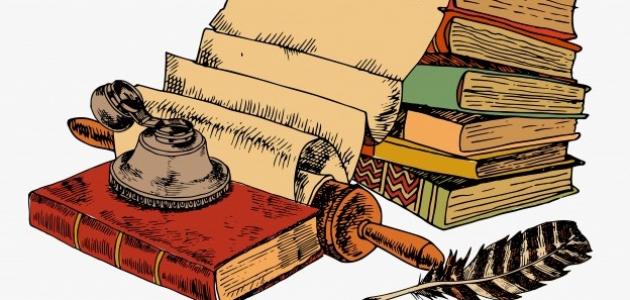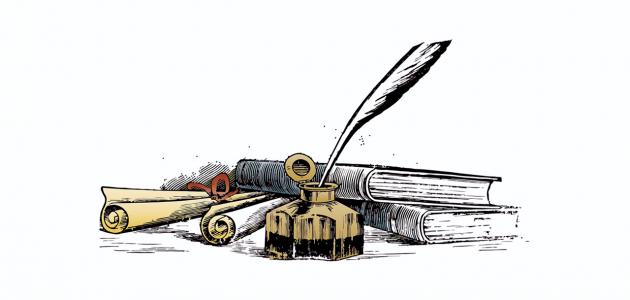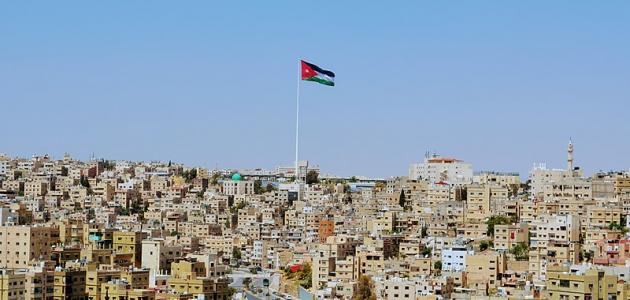Features of political rhetoric in the Abbasid era
Political rhetoric became active at the beginning of the first Abbasid era. It was a tool for clarifying the right of the Abbasids to rule, to put pressure on their cousins in an attempt by them to monopolize the caliphate without them. The rhetoric always emphasized their right, as they were the ones who undermined the rule of the Umayyads and destroyed it in their revolution, and this is what was mentioned in Abu Abbas al-Saffah’s sermon when he was pledged to the caliphate in Kufa, based on his talk about their kinship with the Messenger, peace and blessings be upon him, citing the Qur’anic verses that specifically concerned the Prophet’s family. He said: (With us, God guided the people after their misguidance, gave them insight after their ignorance, and saved them after their destruction). In this sermon, he also spoke. About the injustice of the Umayyads and how God redressed them by coming and returning the rights to their owners. In general, political rhetoric was weak in general because the Abbasids resorted to a policy of oppression, silencing mouths, and oppressing anyone who told them to rebel against them, so their policy was submission or the sword, and because rhetoric is an art of speech that flourishes whenever it is allowed. For people to freely express their opinions and concerns, but in this era parties were prevented from participating, so political discourse weakened and along with it, while in the second Abbasid era, it weakened severely and became rare.
Features of ceremonial speech in the Abbasid era
Ceremonial oratory weakened in the first Abbasid era because Arab delegations no longer came to the palaces of the caliphs as they did during the Umayyad era. There were no longer means of communication between the caliph and the subjects. Therefore, ceremonial oratory was limited to some occasions, where preachers would come to condole the death of a caliph or congratulate the one who assumed the caliphate. A large ceremony was held for those who assumed office, attended by statesmen, and an articulate orator would come forward to bless and praise this caliphate and call for obedience and allegiance to the new caliph. The ceremonial speech diminished and no longer had any significant significance. However, in the second Abbasid era, the ceremonial sermon weakened and only a few scattered fragments appeared from it. Its features can be clearly seen.
Read also:How to write a successful bookFeatures of religious rhetoric in the Abbasid era
Preaching and religious oratory flourished in the first Abbasid era, and the caliphs and governors participated in these sermons, as well-known sermons were reported from Al-Mahdi and Al-Rashid. What weakened oratory in this era was that Al-Rashid enacted the sermon for the caliphs with the words of others, even though the oratory had weakened on the tongues of the governors and caliphs except It flourished in the environment of preachers and ascetics who spread in their sermons intense faith and strong confidence in what God has and reminded people that the enjoyments of this world are fleeting. As for religious rhetoric in the second Abbasid era, it weakened on the tongues of preachers, but it remained flourishing in the mosques and in the Friday and Eid sermons, so it became customary not to The Caliph delivers the sermon on Fridays, with the exception of what was said about the Caliph Al-Muhtadi, who continued to deliver sermons for a year. He used to address the people and lead them in prayer. It must be noted that religious preaching was very active in the mosques and preaching circles. The mosques were always open, so the preacher used to make his lessons after the prayers. From the beginning of the era, a class was created called the Memorizers, and they were Sufis. The sermons of this class depicted their struggle and piety, so these stories became a type of Arab folk literature. Sufi discourse had a great contribution to the emergence of these literatures and imprinting them with the stamps, language, and expressions of the people.
One of the most prominent preachers of this era
In this era, oratory had a place in the souls and power over the hearts. It was relied upon to consolidate the king, energize the soldiers, and receive delegations. The early caliphs and their preachers had high and low status in it, including:
Read also:The Nightingale's Prayer- Abu Abbas Al-Saffah: He delivered a speech on the day he was pledged to the Caliphate in Kufa, and he talked about the status of the Abbasids and their kinship to the Messenger, peace and blessings be upon him.
- Muhammad bin Abdullah bin Al-Hassan Al-Awi: Known as the Pure Soul, he was one of the opponents of the Abbasid rule. He was the igniter of the revolution named after him during the reign of Abu Jaafar al-Mansur.









